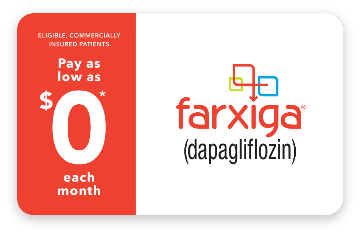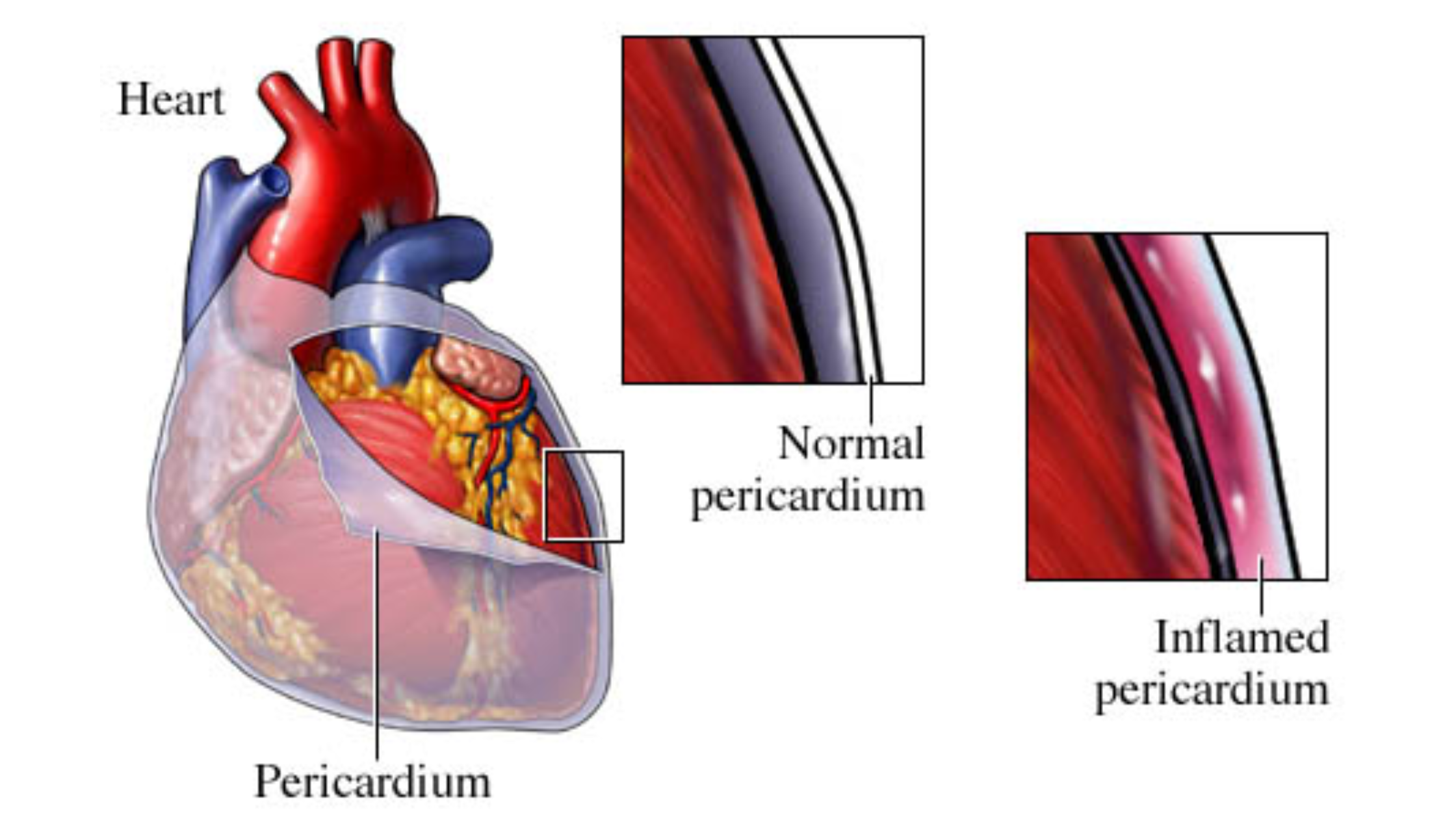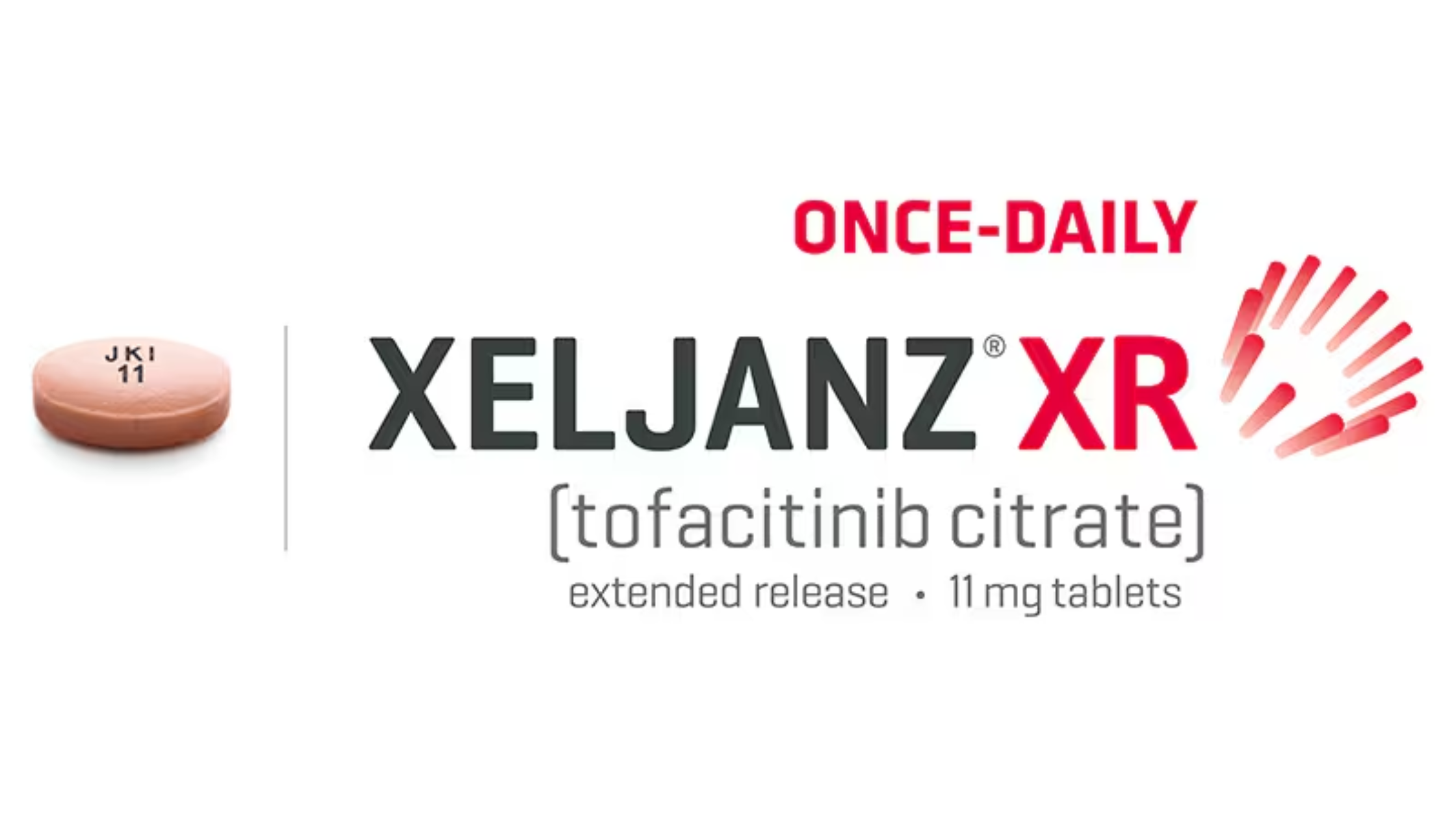Farxiga CKD represents a paradigm shift in chronic kidney disease management. Backed by robust trial data and regulatory endorsement, it offers hope by slowing kidney decline, reducing mortality, and addressing cardiovascular risks across diverse patient groups.
What is Farxiga CKD, and why does it matter
Farxiga (dapagliflozin) is an oral SGLT2 inhibitor now approved to treat chronic kidney disease (CKD) in adults, whether or not they have type 2 diabetes. By blocking the reabsorption of glucose and sodium in the kidneys, it not only improves blood sugar control but also alleviates pressure within the kidney, protecting renal function.
Landmark DAPA‑CKD trial: evidence speaks
- Phase III DAPA‑CKD trial enrolled 4,304 adults with CKD stages 2–4, with or without type 2 diabetes,
- Key composite endpoint: ≥50% sustained decline in eGFR, onset of end‑stage kidney disease (ESKD), or cardiovascular/renal death.
- Farxiga reduced this risk by 39% (p < 0.0001) and absolute risk reduction of 5.3% over ~2.4 years
- It also lowered all-cause mortality by 31%.
- The benefit was consistent regardless of diabetes or cardiovascular disease status, according to the American College of Cardiology.
Regulatory approval & guidelines
- The U.S. FDA approved Farxiga for CKD on April 30, 2021, marking the most significant CKD treatment advancement in over 20 years.
- Approval covers adults with CKD at risk of progression, with or without type 2 diabetes, to reduce eGFR decline, ESKD, cardiovascular death, and hospitalization for heart failure.
- Global bodies, including the EMA, support similar indications.
How Farxiga works in CKD
- Glucose-sodium excretion – Promotes elimination of glucose and sodium, reducing intraglomerular pressure. GoodRx.
- Hemodynamic effects – Lowers blood pressure and alleviates glomerular hyperfiltration.
- Protection for heart‑kidney axis – Reduces heart failure hospitalization and cardiovascular death risk.
Safety profile
- Generally well tolerated; adverse events mirror known class effects: urinary/genital infections, volume depletion.
- In DAPA‑CKD, no increase in ketoacidosis, severe hypoglycemia, or hyperkalemia compared to placebo.
- Not indicated for patients on dialysis, with Type 1 diabetes, or with polycystic kidney disease.
Clinical implications
- Farxiga now provides nephrologists and primary care physicians with the first therapy proven to improve survival and slow progression of CKD across diabetic and non-diabetic populations.
- It is most effective when used alongside ACE inhibitors or ARBs, the standard CKD treatment.




